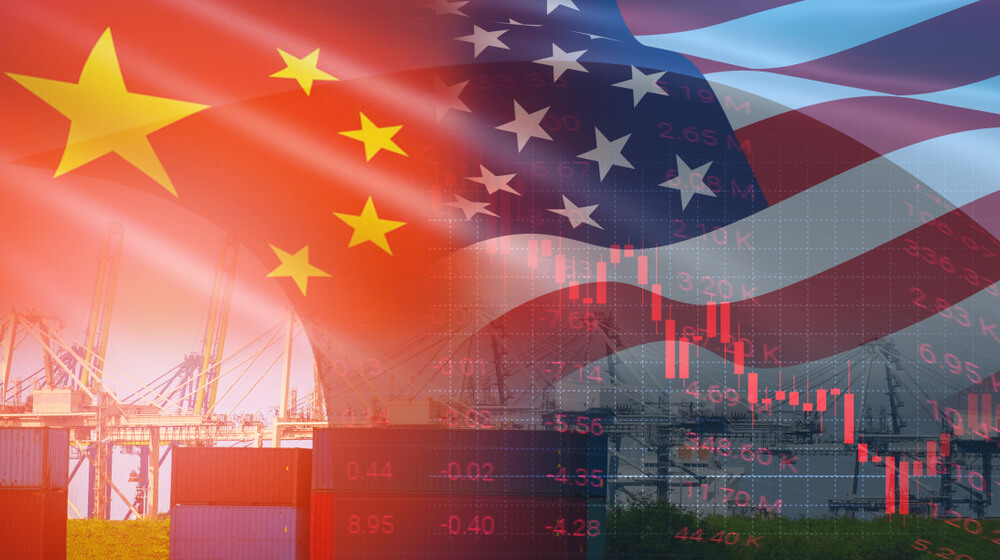
Trump Delays China Tariffs; Safe-haven Yen Falls
Chinese: The U.S President Donald Trump said he would delay planned tariffs on Chinese goods by two weeks. The move came after China exempted various U.S goods from taxes.
Trump’s move reduced tension between the two countries as they prepared for their talks in Washington next month.
The positive China-US trade situation boosted investor confidence causing the USD/JPY pair to gain 0.2% to 108.03 by 11:59 AM ET.
The news also caused stocks in Asia to trade higher as the safe-haven yen fell.
Meanwhile, the Chinese yuan gained against the USD as the USD/CNY pair fell 0.3% to 7.0889.
In other news, Trump has accused the Fed Reserve of not lowering interest rates to zero or less. He noted that negative rates would save his government on its debts.
Let’s also focus on this week’s upcoming meeting of the European Central Bank where markets expect the bank to cut rates to support the economy.
The EUR/USD pair had a small change at 1.1010. The GBP/USD pair also traded near flat at 1.2330.
Both the NZD/USD pair and the AUD/USD pair rose to 0.3% and 0.2% respectively.
The USD Index also remained at 98.650.
The USD traded higher today after the Labor Department said its Producer Price Index (PPI) for final demand increased 0.1% from 1.7% to 1.8% in August in line with economists’ forecast.
The core PPI, which excludes energy prices and food also rose 0.3% in August more than the forecasted 0.2%. The year-on-year rise was 2.3% slightly above the estimated 2.2%
Euro poses ahead of the ECB meeting as melting trade triggers confidence in riskier assets
The euro posed near $1.10 on Thursday as traders waited to see the level of new incentives from European Central Bank.
Signs of a melting U.S- China trade war also caused the yuan, and the Australian dollar buoys up.
The global recession in August sparked a rally into safer assets, but this month we’ve seen investors returning riskier assets. Also, declining fears of a no-deal Brexit have boosted investor confidence in the riskier markets.
Export-driven Asian currencies from Taiwan to Australia took advantage of the US-China trade tariff concessions.
However, despite the positive outlook in riskier markets this week, analysts have expressed caution about its sustainability.
Markets now turn to the ECB, Federal Reserve, and the Bank of Japan meeting next week.
Investors expect a rate cut at the ECB meeting as policymakers try to mop up the ailing economy. However, investors are uncertain if policymakers will restart a quantitative easing program – especially after some members of the governing council recently expressed doubts about the need to re-launch asset purchases.
The GBP flew to a six-week high on Monday, recovering last week’s losses as investors welcomed Britain’s move to block a no-deal Brexit on Oct. 31.




